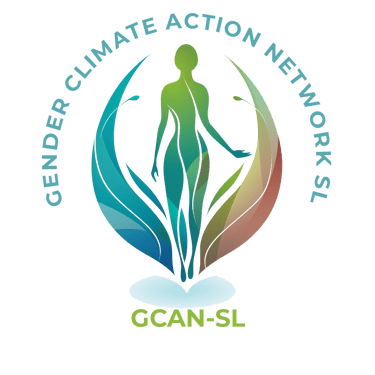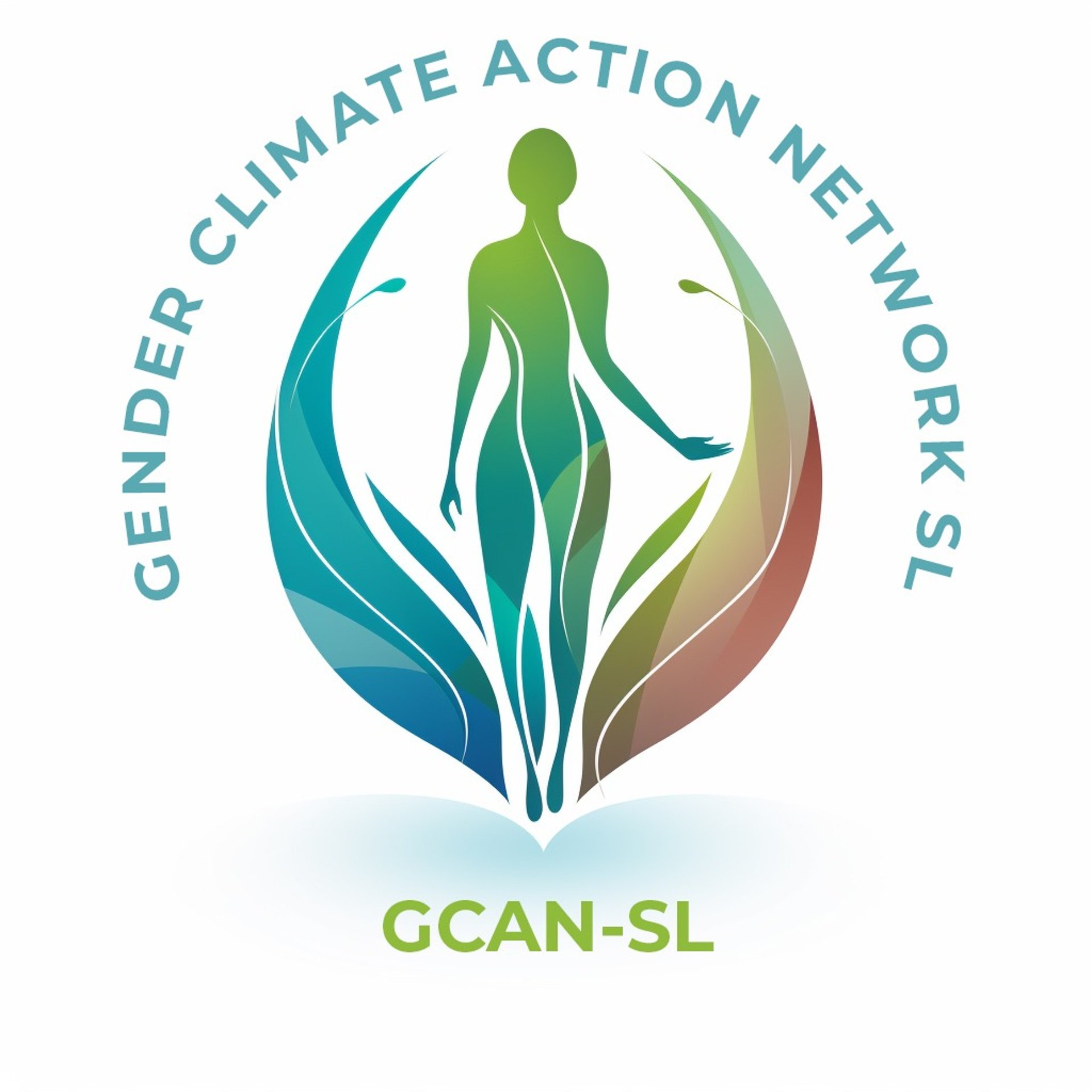
There Is A Role For Everyone In This Journey
Empowering Gender and Climate Action
GCAN Sierra Leone champions gender-inclusive climate action, integrating local data, inclusive advocacy, and strategic partnerships to build resilient futures.
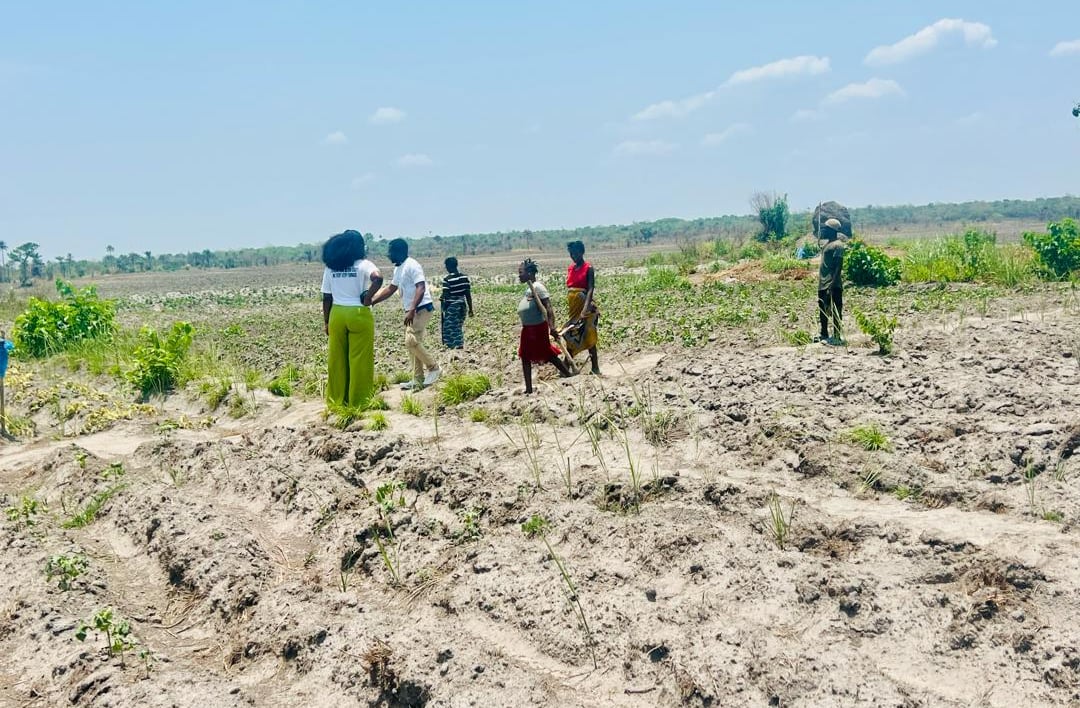

Our Mission
Our mission is to advance gender-responsive climate action by integrating gender equity into climate policies, programs, and community-driven initiatives. We empower women, girls and marginalized communities as leaders, innovators, and change-makers to ensure that gender-sensitive solutions are at the heart of climate policy and action.
A green future where gender equality and climate resilience go hand in hand, guaranteeing that all hands are on deck in the fight against climate change, while promoting resilience to climate vulnerabilities and active participation of women in sustainable climate solutions, contributing to Sierra Leone’s Nationally Determined Contributions (NDCs) and the 2015 Paris agreement.
Our Vision
Our Approach
Empowering communities through gender-inclusive climate initiatives for sustainable development and resilience.
Community Engagement
We work directly with local communities to identify climate challenges and co-create solutions that are inclusive and sustainable.
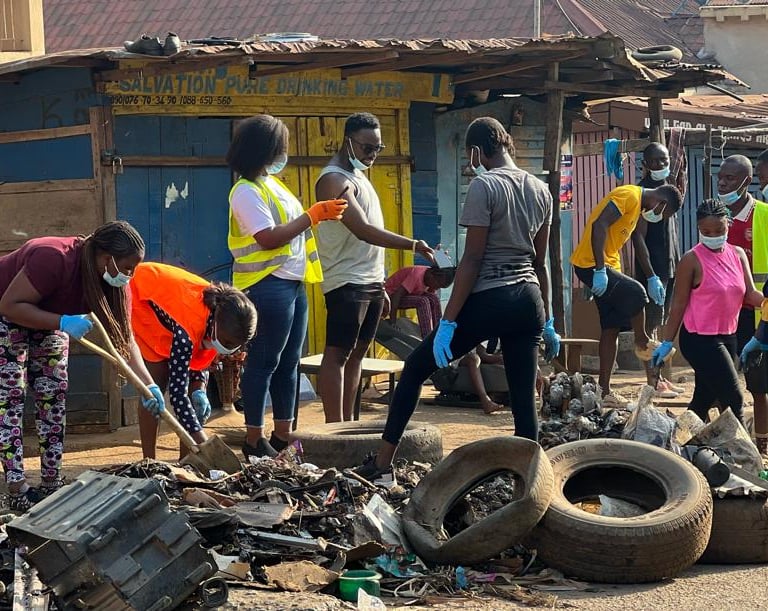

Capacity Building
We provide training and resources to empower women and marginalized groups to enable them champion effective, equitable, and transformative actions for climate change adaptation and mitigation by addressing the unique barriers they face and leveraging their unique knowledge and roles.
We amplify voices at the grassroots level to influence policies that align with global frameworks like the Paris Agreement.
Advocacy
Empowering Communities
Inclusive climate action through gender equality and community engagement.
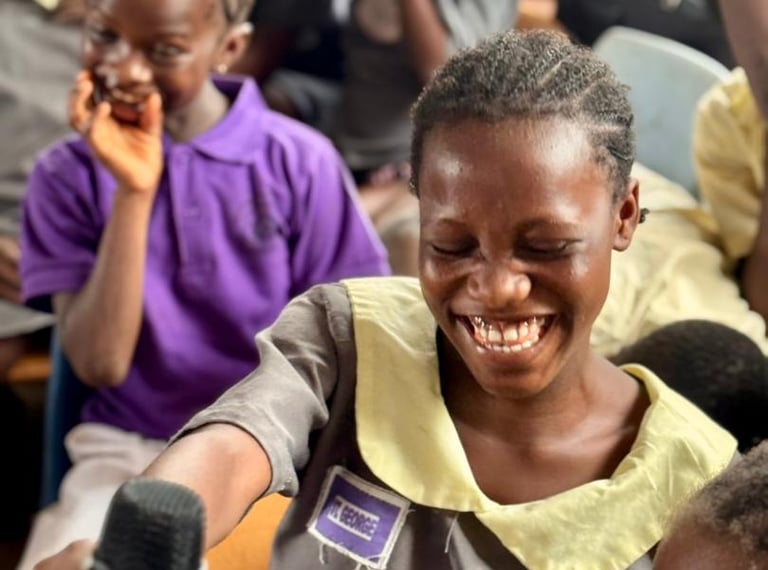

Gender Equality
Addressing gender gaps in climate action and decision-making.
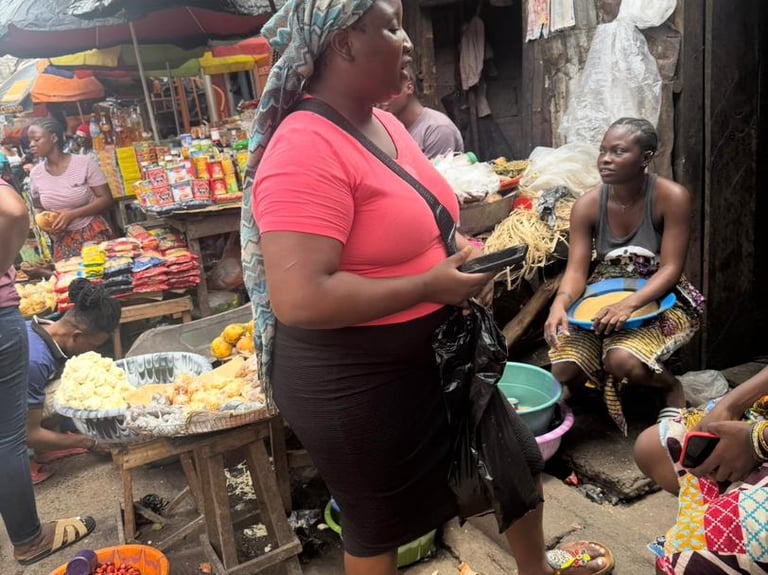

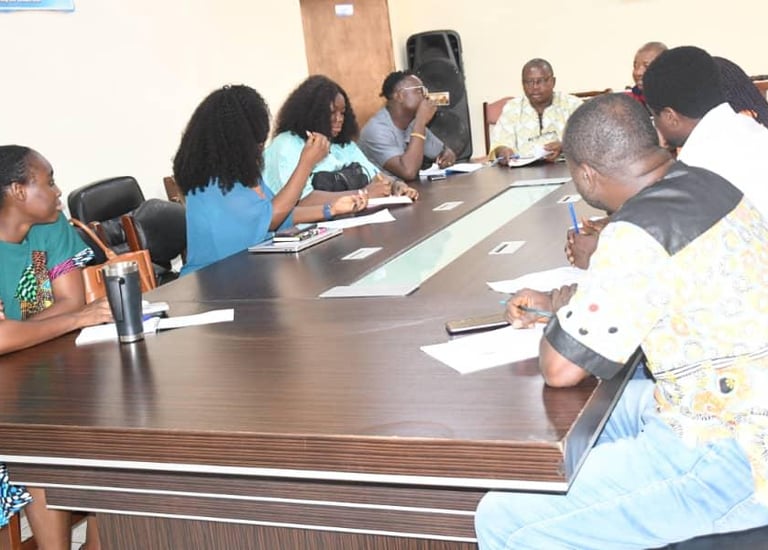

Community Outreach
Extending our impact to rural districts and marginalized groups.
Collaboration
We collaborate and partner with government Ministries, Departments and Agencies (MDAs), local and international non-governmental organizations (NGOs), community-based organizations (CBOs), and Learning & Research Institutions to initiate and implement ideas and projects on climate change.
→
→
→


Collaboration
We collaborate and partner with government Ministries, Departments and Agencies (MDAs), local and international non-governmental organizations (NGOs), community-based organizations (CBOs), and Learning & Research Institutions to initiate and implement ideas and projects on climate change.
→


Our Team
Behind every success at GCAN is a team of dedicated and talented individuals. While each member brings their unique skills and perspectives, we are united by a collaborative spirit and a shared goal: to empowering communities through gender-inclusive climate initiatives for sustainable development and resilience. Meet the people who make it all happen.
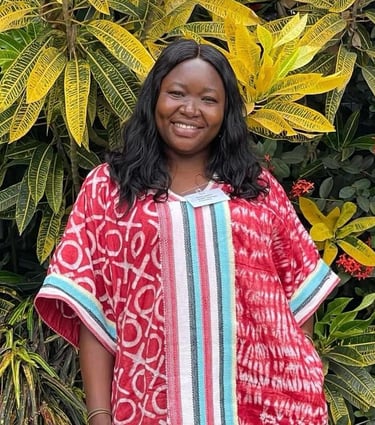

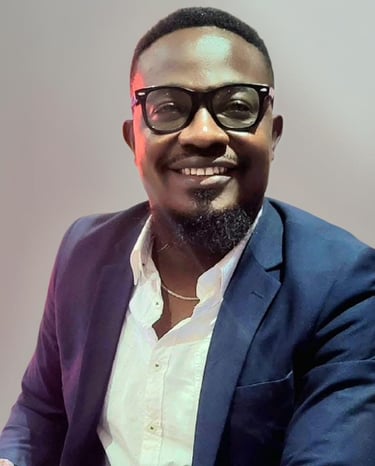

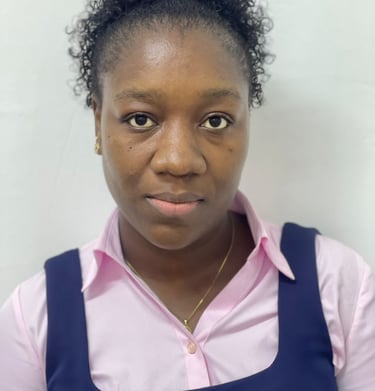

Makalay Sesay is the Founding Director of Gender Climate Action Network (GCAN) Sierra Leone. In this role, she collaborates with grassroots and frontline women leaders, policymakers, and diverse organizations to advance gender-inclusive climate solutions.
Holding a certificate in Project Management and Leadership for NGOs & Development Organizations, Makalay ensures the structured implementation of climate and gender programs. Her visionary approach integrates gender-responsive climate action, extensive financial expertise, and strong leadership to drive systemic change. As a US TechWomen Alumna, Makalay has gained global exposure in leadership and innovation, demonstrated by her cohort's successful seed-grant project in the Grafton Community, which deployed accessible safe water facilities. Through GCAN SL, Makalay is deeply committed to empowering women and marginalized communities in the fight against climate change, aligning initiatives with Sierra Leone’s GEWE Act 2022 and NDCs. Her ability to blend finance, project management, policy, and advocacy enables GCAN SL to influence systemic change and create sustainable, equitable climate solutions.
Her impactful work has been recognized with awards such as Sierra Leone United States Alumni Association (SLUSAA) Impact Awards (2025), Sierra Leone’s Corporate Excellence Awards 2024, National Corporate Women’s Awards 2022, and Top 100 Professionals (2020, 2021).
Makalay Sesay
Founding Director
.
Mary Lusenie is a seasoned data scientist and development strategist whose work bridges technology, gender equity, and climate resilience. As the current Programs Manager at the Gender Climate Action Network Sierra Leone (GCAN SL), she leads the design and delivery of inclusive, community-driven programs that empower women and youth through data-informed advocacy and feminist learning.
With over a decade of experience across government, academia, financial services, and grassroots organizations, Mary brings a rare blend of technical precision and social impact leadership.
A proud alumna of the prestigious U.S. Department of State TechWomen program, Mary is part of a global network of women leaders in STEM advancing social change. She is known for her high attention to detail, collaborative spirit, and unwavering dedication to ethical, inclusive development.
At GCAN SL, Mary continues to champion gender-responsive climate action, ensuring that data and lived experience converge to shape transformative policy and practice.
Ishmail Kandeh-Sesay
PROGRAMS MANAGER
Ishmail Sesay is a seasoned field researcher and geographic information systems (GIS) specialist with over 11 years of experience transforming data into actionable insights for governance, policy reform, and community development. As Research and Outreach Coordinator at the Gender Climate Action Network Sierra Leone (GCAN SL), he leads evidence-based programming and stakeholder engagement strategies that amplify marginalized voices in climate discourse.
Ishmail’s career spans national institutions and civil society, including pivotal roles at Statistics Sierra Leone and the Institute for Governance Reform. His expertise in field research, data visualization, and stakeholder facilitation has supported major initiatives in governance reform, adult education, and community-driven policy development.
He holds a Bachelor of Arts, and a Diploma in Adult Education and Community Development Studies from Fourah Bay College, both from The University of Sierra Leone. His academic foundation in participatory learning and community engagement underpins his commitment to ethical, people-centered research.
At GCAN SL, Ishmail is instrumental in designing outreach programs, coordinating field studies, and building partnerships that advance gender-responsive climate action. His collaborative spirit, critical thinking, and deep understanding of Sierra Leone’s socio-political landscape make him a vital force in shaping equitable climate solutions.
mary Lusenie
research & Outreach Coordinator
Willietta Momorie
Gender & Youth Coordinator
Willietta Momorie is a strategic finance and development professional with a growing footprint in gender equity and youth empowerment. As the Gender and Youth Coordinator at the Gender Climate Action Network Sierra Leone (GCAN SL), she leads transformative programs that integrate feminist learning, inclusive climate resilience, and youth leadership across Sierra Leone’s communities.
Willietta brings a systems-thinking approach to GCAN SL’s gender-responsive initiatives—designing safeguarding frameworks, facilitating youth capacity-building workshops, and aligning outreach efforts with national climate strategies such as the NDCs and NAPs.
Willietta is trained in data analytics, audit software, and project management tools, and has worked with clients ranging from the Mano River Union to CARE and the Embassy of Ireland.
Known for her collaborative spirit and sharp analytical skills, Willietta is instrumental in crafting gender- and age-disaggregated indicators, documenting impact stories, and building partnerships with youth networks, women’s groups, and regional bodies. Her work ensures that GCAN SL’s climate action is not only inclusive and participatory—but also strategically positioned to influence policy and attract global collaboration.
